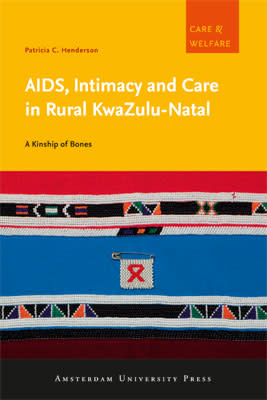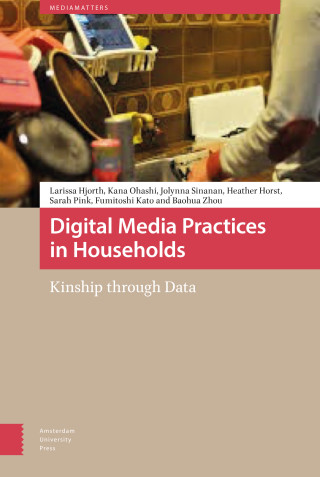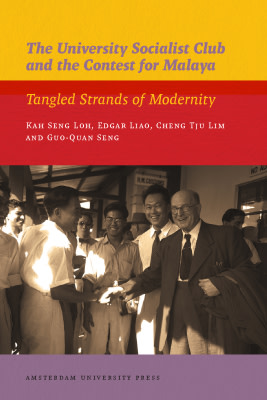Patricia C. Henderson
Patricia C. Henderson is als docent verbonden aan het Departement Sociale Antropologie van de Universiteit van Kaapstad. Zij heeft diverse artikelen geschreven over HIV/AIDS en over jeugd in Zuid-Afrika. Recente publicaties van haar zijn onder andere: Theorising children’s participation: Transdisciplinary perspectives from South Africa, Perspectives in Education 29(1):1-5; Theorizing children’s participation in creative expression, Perspectives in Education, 29(1):18-26, 2011; South African AIDS orphans: Examining assumptions around vulnerability from the perspective of rural children and youth. Childhood, 13(3):303-327, 2006; Mortality and the ethics of qualitative rural research in a context of HIV/AIDS. Anthropology Southern Africa, 28 (3&4): 78-90, 2005.





